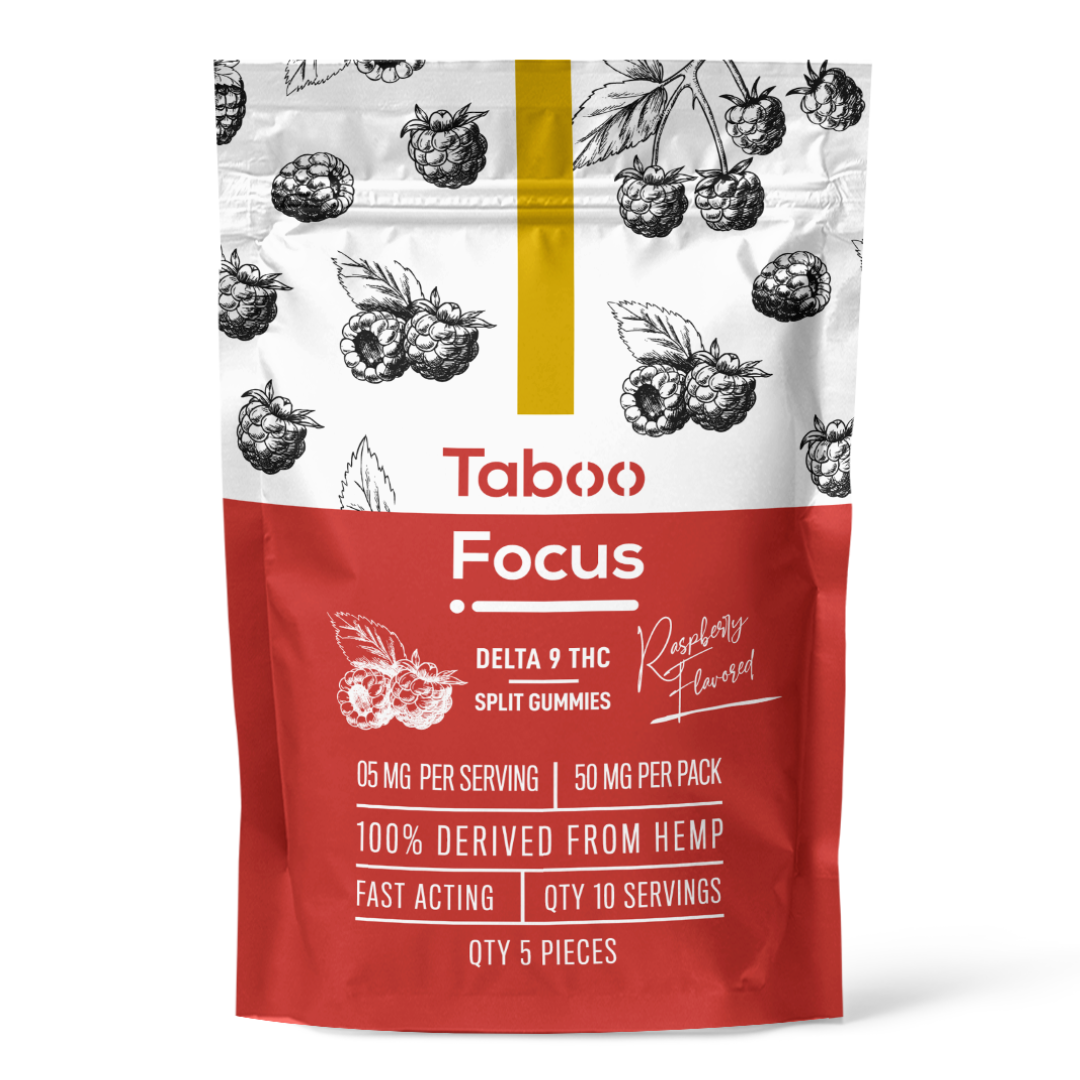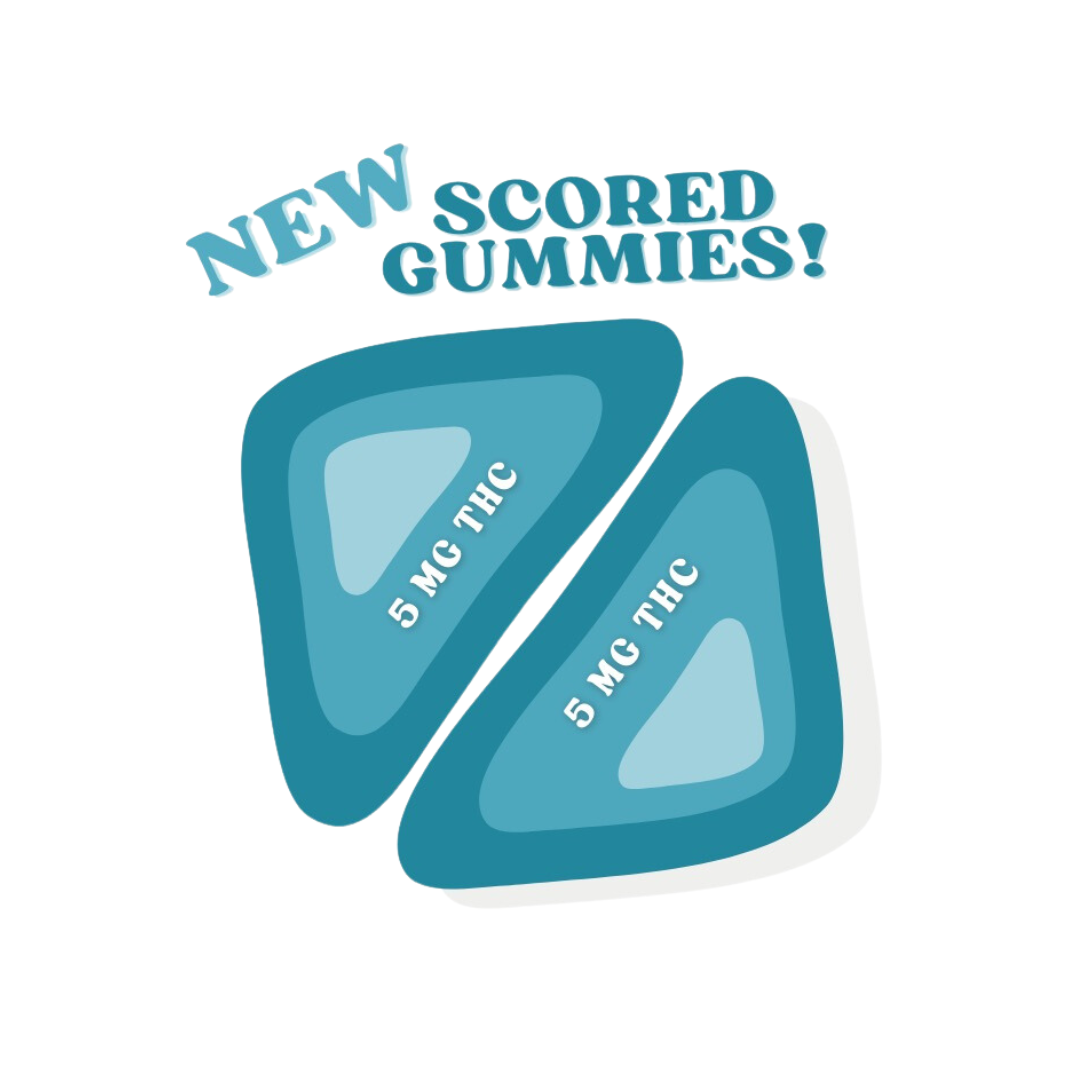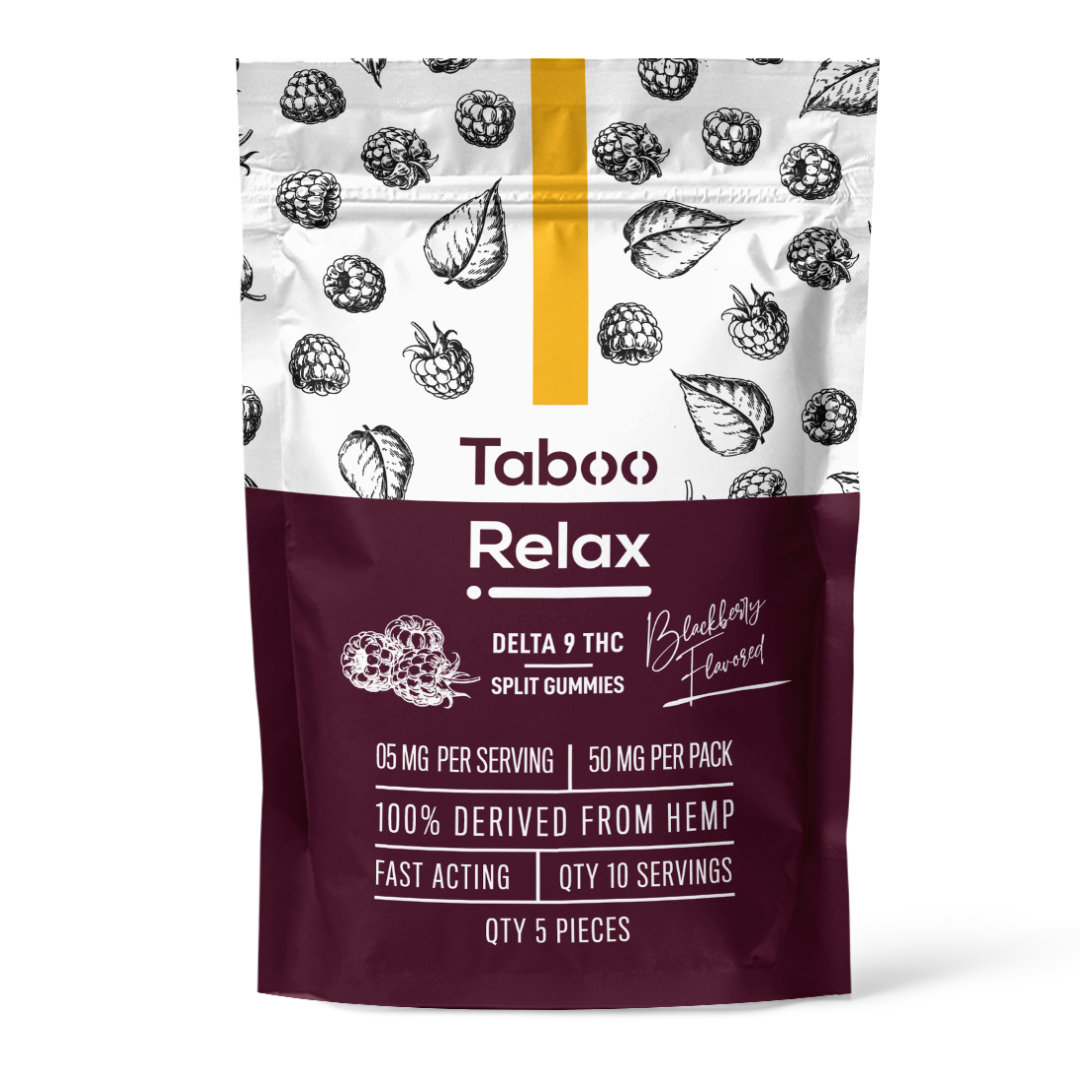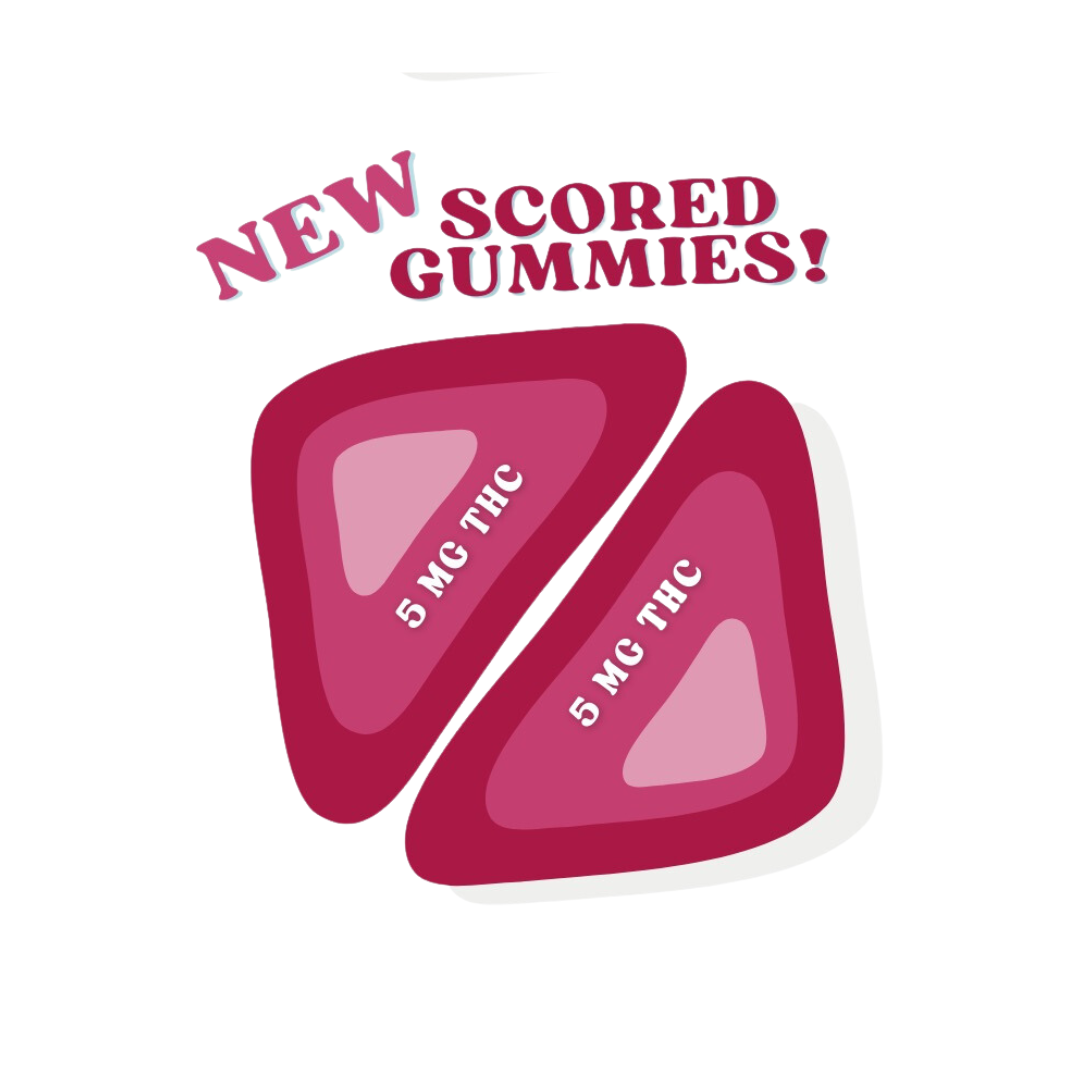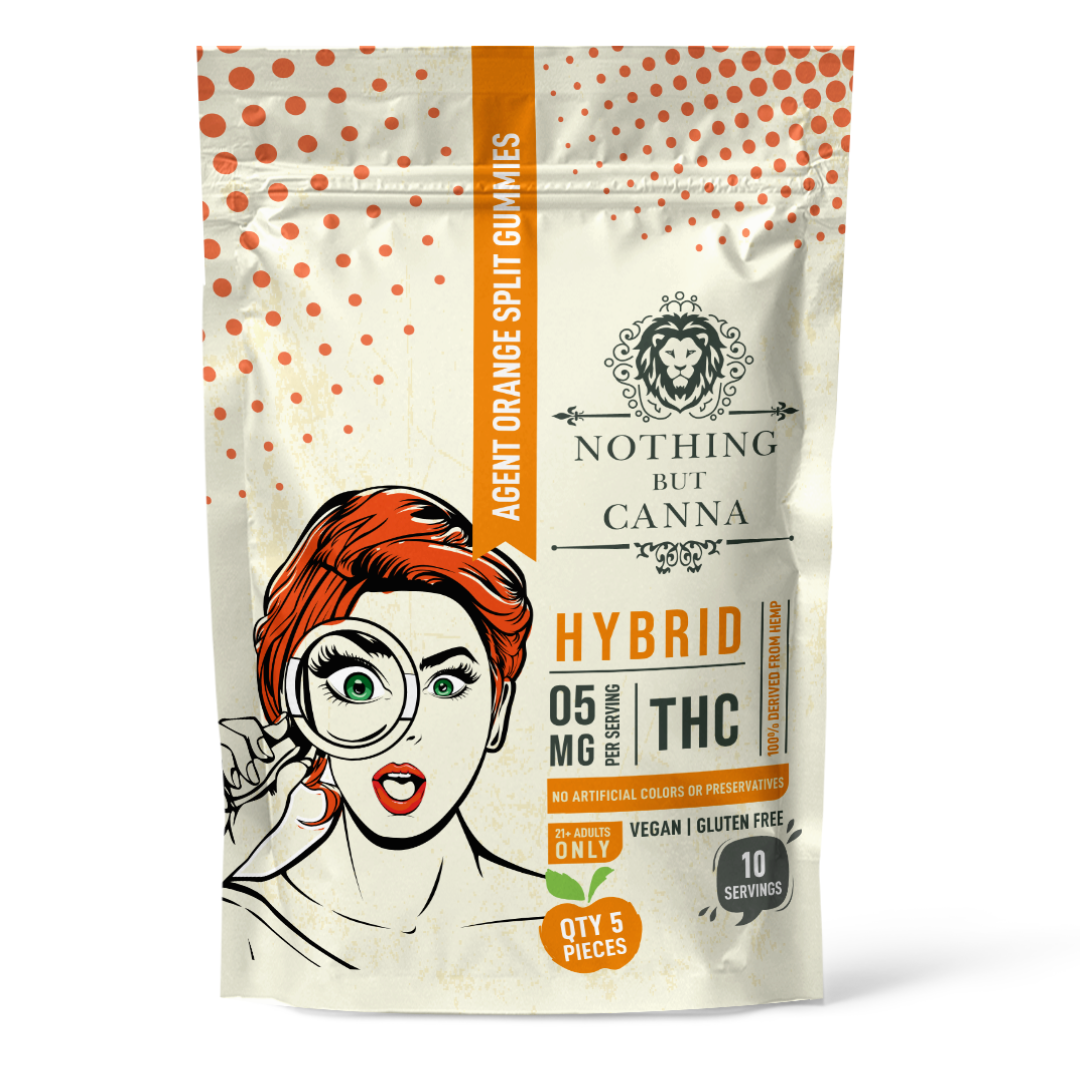
When Minnesota authorized the sale of hemp THC edibles and drinks in July, it shifted the cannabis landscape for makers of medical cannabis, making it more competitive.
Some medical cannabis users were already incorporating hemp products into their routines, according to the Star Tribune. But now that delta-9 hemp edibles are legal and less expensive than medical cannabis, the hemp industry might represent a more direct threat.
“Whether [medical users] abandon or reduce their reliance on Minnesota's medical cannabis program in favor of new recreational options was a little-discussed wrinkle of the latest state expansion,” reporter Jeremy Olson wrote for the Tribune.
Demand for the recreational edibles and drinks was immediately evident. Lines were outside stores and down the block July 1, the first day delta-9 THC could be obtained legally for recreational use in Minnesota. And retailers sold out over the weekend. Product makers and retailers are looking for where they can source more hemp.
New products are popping up statewide, from CBD and THC brews to THC-infused caramel corn and chocolates.
“There’s definitely a miniature green rush,” Steven Brown, CEO of Nothing But Hemp and a co-founder of the Minnesota Cannabis Association, told MJBizDaily. “The opportunity is endless right now.”
“What’s really nice about this is it gives the opportunity for minorities and low-income people to actually have an opportunity in the cannabis industry,” he added.
“What’s really nice about this is it gives the opportunity for minorities and low-income people to actually have an opportunity in the cannabis industry.”
— Steven Brown, CEO of Nothing But Hemp and a co-founder of the Minnesota Cannabis Association
Brown also noted that more regulations for hemp THC are likely in the near future.
“Give it another six months,” he told MJBizDaily. “There’s going to be some real regulation behind hemp-derived THC.”
In response to the influx of market competition, Minnesota’s medical cannabis providers are highlighting the quality and consistency of their products. And August 1 it became legal for these companies to sell edibles with THC from medical-grade cannabis. They also have a higher legal potency threshold: 10 milligrams THC per serving versus 5 mg for hemp edibles, and 100 mg per package, versus 50 mg for hemp edibles.
Both of Minnesota’s medical cannabis providers are owned by Chicago-based companies, RISE Minnesota is owned by Green Thumb Industries and Green Goods by Verano Holdings.
Ultimately, many of the state's hemp and medical cannabis businesses are positioning themselves for an advantage when recreational cannabis becomes fully legal. And that might not be too far off.
Jason Tarasek, a cannabis focused attorney, told MJBizDaily that Minnesota lawmakers might simply decide to legalize recreational use, after seeing the demand for small amounts of legal cannabis. With that change would come more regulations and taxes on hemp, evening the playing field a bit between the two industries.
“The Legislature is going to need to address that,” Tarasek said, “and when they revisit that in January, they may just decide it’s time to legalize everything and make sure that there’s a regulated market, that kids can’t get their hands on it, and that we’re capturing some of the tax revenue.”
So, is hemp THC a threat to Minnesota’s medical cannabis dispensaries? While hemp does appear to be making the market more competitive for medical cannabis providers right now, those familiar with the industry expect the legal and retail landscape to keep evolving. Stay tuned.











